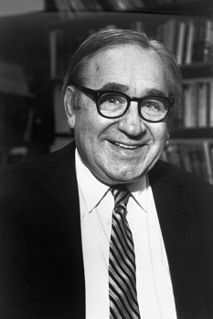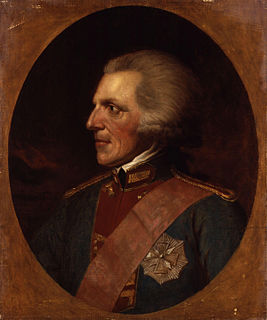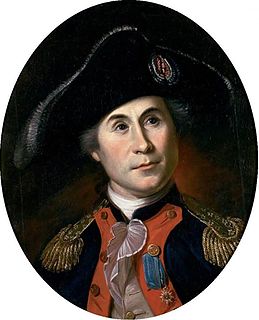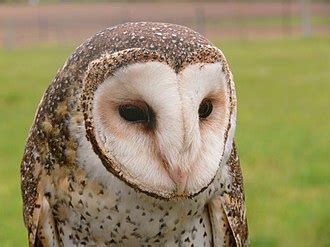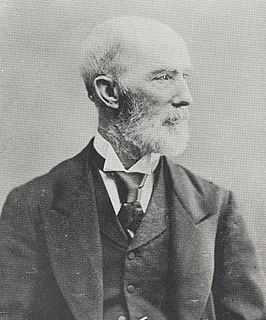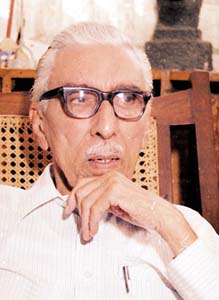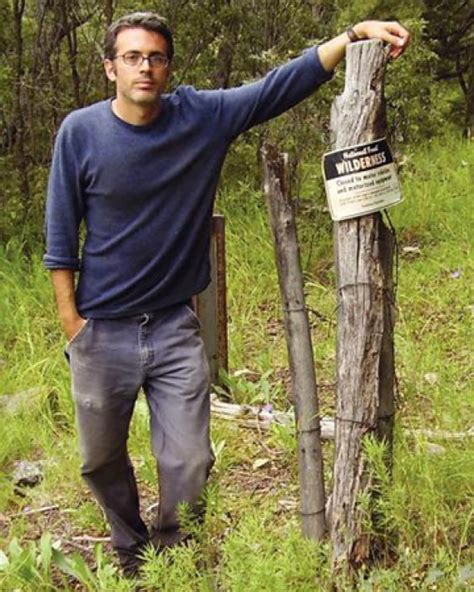A Quote by Edwin Percy Whipple
What does competency in the long run mean? It means to all reasonable beings, cleanliness of person, decency of dress, courtesy of manners, opportunities for education, the delights of leisure, and the bliss of giving.
Related Quotes
Patience does not mean to passively endure. It means to be farsighted enough to trust the end result of a process. What does patience mean? It means to look at the thorn and see the rose, to look at the night and see the dawn. Impatience means to be so shortsighted as to not be able to see the outcome. The lovers of God never run out of patience, for they know that time is needed for the crescent moon to become full.
It is by no means enough that an officer should be capable. . . . He should be as well a gentleman of liberal education, refined manners, punctilious courtesy, and the nicest sense of personal honor. . . . No meritorious act of a subordinate should escape his attention, even if the reward be only one word of approval. Conversely, he should not be blind to a single fault in any subordinate.
EDUCATION, n. The bringing up, as of a child; instruction; formation of manners. Education comprehends all that series of instruction and discipline which is intended to enlighten the understanding, correct the temper, and form the manners and habits of youth, and fit them for usefulness in their future stations. To give children a good education in manners, arts and science, is important; to give them a religious education is indispensable; and an immense responsibility rests on parents and guardians who neglect these duties.
Manners or etiquette ('accessibility, affability, politeness, refinement, propriety, courtesy, and ingratiating and captivating behavior') call for no large measure of moral determination and cannot, therefore, be reckoned as virtues. Even though manners are no virtues, they are a means of developing virtue.... The more we refine the crude elements in our nature, the more we improve our humanity and the more capable it grows of feeling the driving force of virtuous principles.


